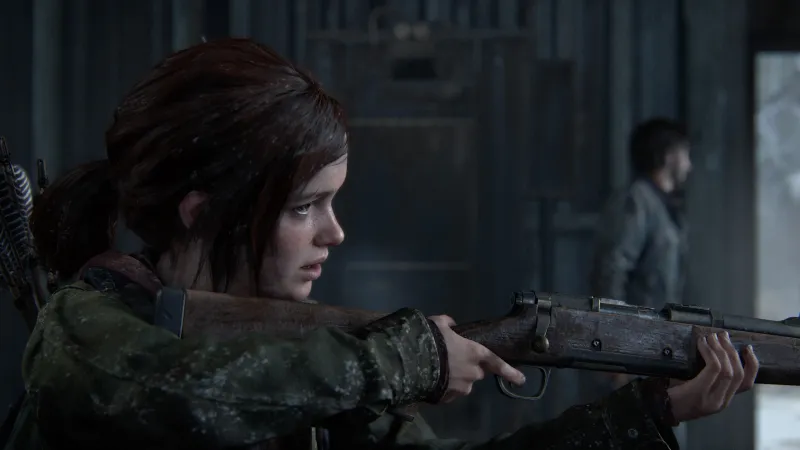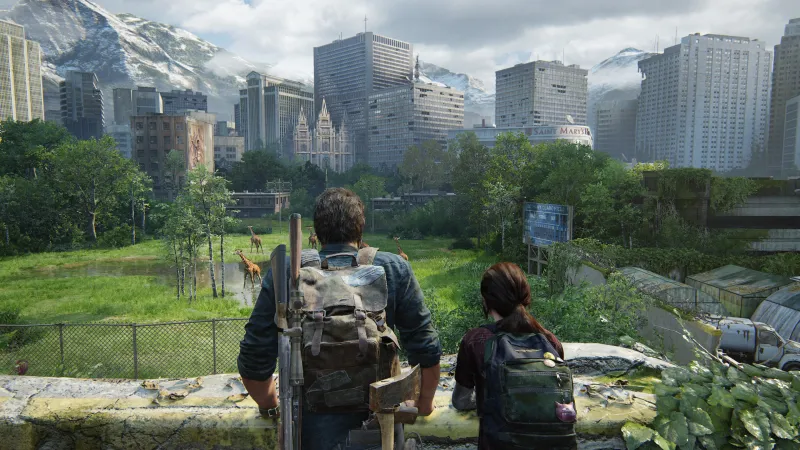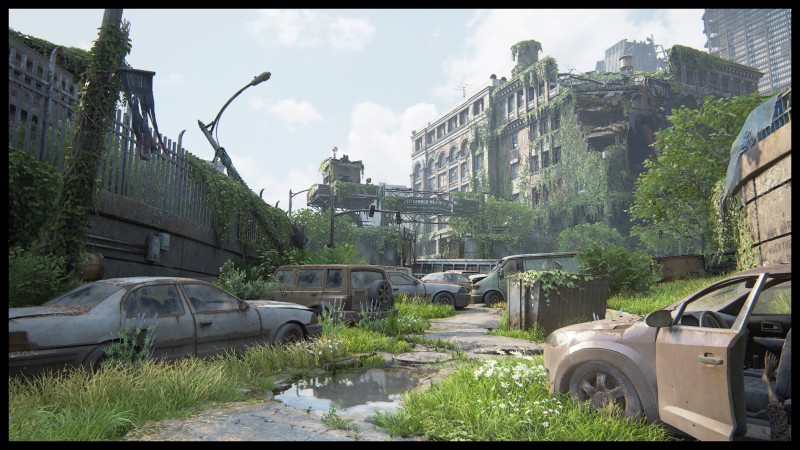Depending on how you look at it, The Last of Us Part I is either a from-the-ground-up remake or a very involved remaster. Either way, it packs many enhancements over the base game. While I didn’t care much for Part I, if you’re interested in checking it out yourself, here are some of the biggest changes you can expect.

Accessibility Options
The Last of Us Part I comes with Naughty Dog’s full suite of accessibility options. And that’s something worth commending. This comes in the shape of fully customizable controls, a host of visual aids, options to alleviate motion sickness, help with navigating levels, options for the deaf or hard-of-hearing, and combat accessibility. Within each are dozens of sliders and toggleable options, allowing players to customize the game experience completely, hopefully allowing as many people as possible to enjoy the game in a way that’s best for them.

It Looks Incredible
Part I looks undeniably better than the original The Last of Us. Like, it’s not even a competition. There’s been discourse around the visuals, with plenty of people saying, “I can’t even tell a difference!” I don’t know if these people are lying to themselves or those around them, but the visual updates make Part I look as good as any other triple-A PS5 game and certainly not like a PlayStation 3 game. Though, as I wrote in my feature, the boost in fidelity highlights all the other areas where The Last of Us has aged poorly.
Nevertheless, there is a novelty to seeing levels and environments burned into my memory over the last nine years looking better than ever before; the lush, bright green of nature reclaiming cities, neighborhoods, and the buildings therein consistently look fantastic, and so, too, do the character models and cutscenes. Faces show more emotion, most of the awkward stiffness of the PlayStation 3 is gone, and across the board, most scenes feel more believable and naturalistic.

Enemy AI Is Smarter
Overall, I had mixed feelings about combat, but the smarter A.I. is one of the places where Part I shines. The improved A.I. is at its best when flanking and surrounding you, forcing you to think – and subsequently act – quickly. In nearly every firefight, at least one enemy would throw a wrench in my plans, making me adapt on the fly. This often led to tense moments and alleviated some of the lesser parts of combat – such as the simple cat-and-mouse stealth or stop ‘n’ pop cover shooting.

Left Behind
Okay, look. This isn’t necessarily new since it also came packaged with the 2014 remaster, but let me quickly just shout out Left Behind. First released as a small DLC now packaged here with Part I – with all the extra enhancements – this two-hour, Ellie-focused chapter is one of the highlights of the entire package. With Ellie and her blossoming love with her friend Riley at the center, I found the short chapter affecting and moving – far more than I did the 10-or-more hours trekking around as Joel. Actor Ashley Johnson’s performance aged wonderfully and is the best part of the original game and this re-release.
While I’m at it, Part I also comes with Grounded: The Making of The Last of Us, a nearly two-hour behind-the-scenes documentary about the making of the original game. Even though it’s an official PlayStation movie and almost certainly doesn’t get into a lot of the real nitty-gritty of the game’s development, it’s still quite good and shows a lot of footage of in-development levels, characters, and motion capture sessions.
